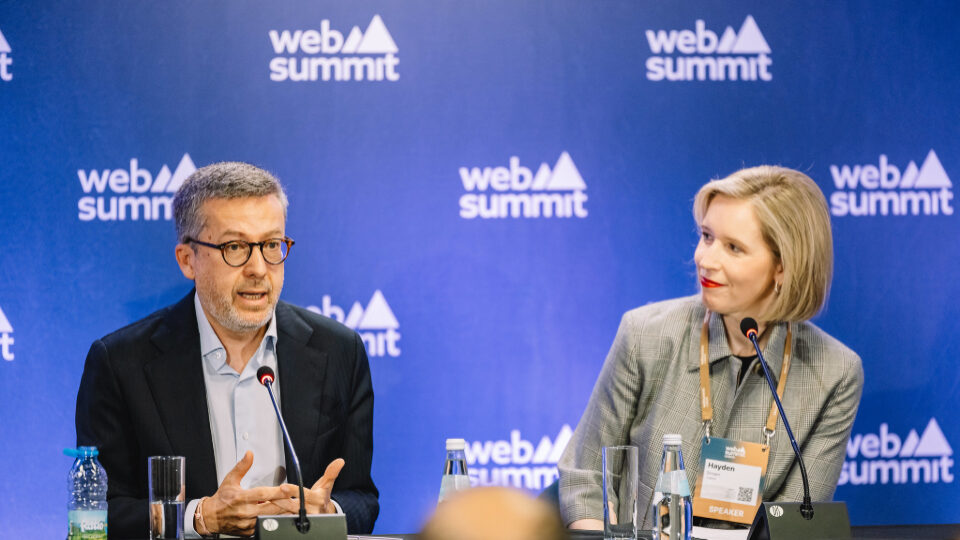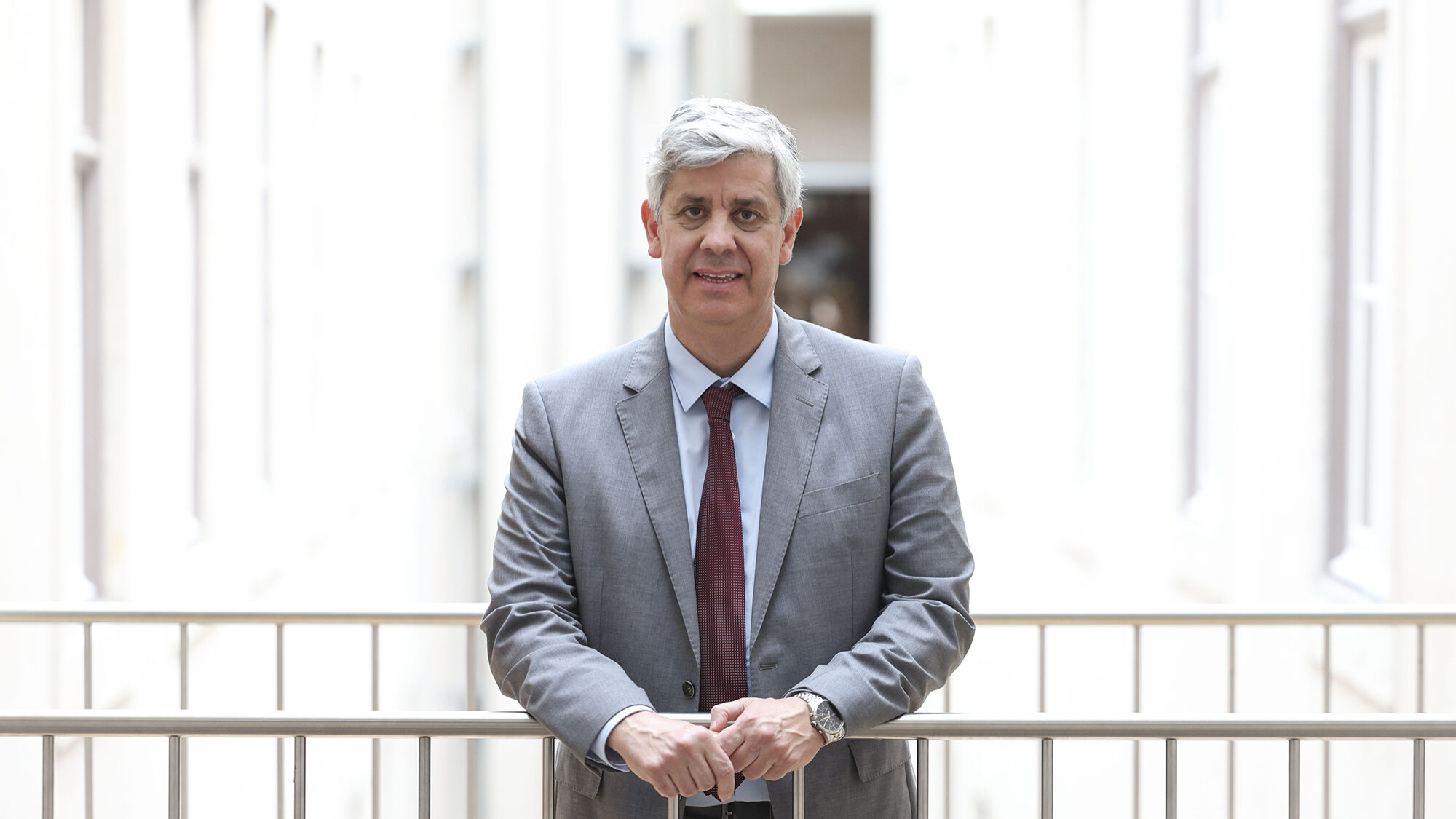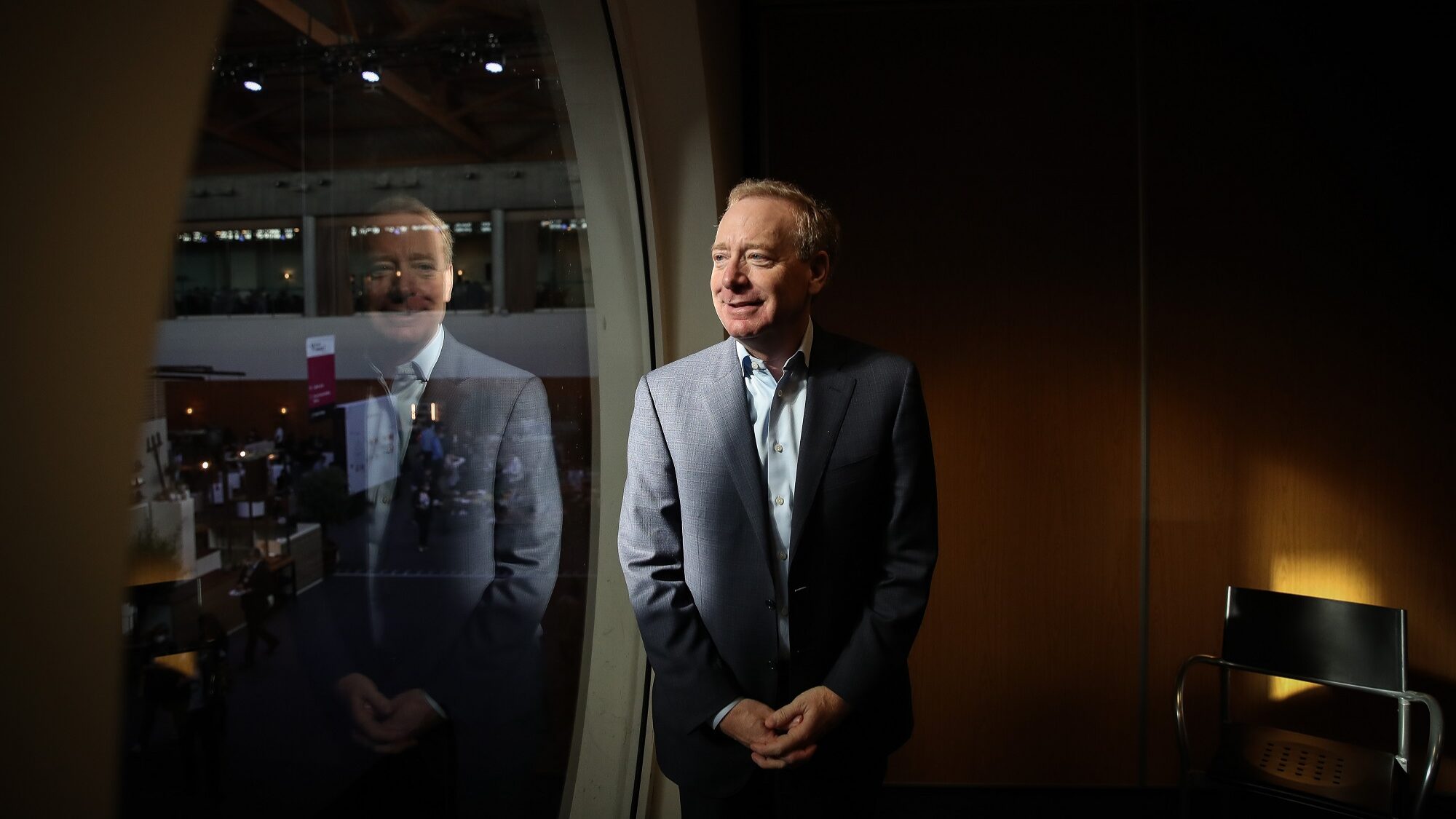European Commission calls CGD, BCP and 20 other banks to discuss regulatory relief
A high-level meeting between Commissioner Maria Luís Albuquerque and representatives from more than 20 institutions is scheduled for 2 December to discuss the reform of banking regulation.
The European Commission wants to ease banking rules and has called some of the sector’s leading figures to a high-level meeting on the 2nd of December. It will be a very exclusive meeting, reserved for around 25 guests, mainly bankers, but also business and consumer associations. ECO knows that BCP is one of the guests, as well as Caixa Geral de Depósitos (CGD), according to confirmation from an official source. But there will be more Portuguese sitting at the table.
The meeting will be attended by Maria Luís Albuquerque, European Commissioner for Financial Services and the Savings and Investment Union, who will be responsible, together with Stéphane Séjourné, Executive Vice-President for Prosperity and Industrial Strategy, for leading the proceedings.
The meeting is part of the so-called ‘Implementation Dialogues’ that the EU Executive led by Ursula von der Leyen has been promoting since the spring to gather input from different sectors in order to strengthen the competitiveness of the European Union (EU) economy. Now it is the banks’ turn.
It should be noted that Brussels is working on an extensive package of measures aimed at simplifying banking rules, which it hopes to have ready by the second half of 2026.
The aim is to help banks regain the competitiveness they have lost to competitors in other regions, particularly the US, but also to enable the sector to respond to the investment needs that the EU will face in the short term, particularly with regard to its ambitions in the areas of defence, digitalisation and environmental transition.
The meeting scheduled for the 2nd of December will thus allow the European Commission to obtain a first-hand perspective from banks on a thorough reform of the regulatory framework, which will cover macroprudential, microprudential and resolution rules.
Banks, which have long complained about high capital requirements, are calling for a reduction in requirements of around €100 billion, among other measures, which could strengthen their ability to lend to the economy without jeopardising the sector’s soundness – one of the red lines for the authorities, who are more cautious in their approach to this issue in order to prevent the easing of rules from weakening the system.
“Shadow banking is growing at a staggering rate”
BCP was one of the banks invited to this meeting. Although the institution led by Miguel Maya declined to comment on this invitation, the CEO — who is highly critical of the contribution scheme for the national Resolution Fund — has repeatedly expressed his views on the issue of regulatory simplification, which is now firmly on the European agenda.
Two weeks ago, at a conference in Lisbon, Miguel Maya argued that regulation has improved “substantially” over the last decade, helping to strengthen customer confidence. Nevertheless, he criticised the excess of rules, considering that it has diverted the attention of regulators from other problems.
“In the last five years, 13,000 new regulations have come into force. I receive three requests a working day from supervisors. Today, I have to study not just more, but much more than in the most demanding years of university”, said the manager.
Although he believes that “regulation has improved a lot since 2014”, Miguel Maya warned of the risks that are accumulating in the shadow banking sector:
“Now, we have to think that when all the sounds are amplified, you can no longer hear the sound. I mean, it’s a mixture of everything.”
“Shadow banking is growing at breakneck speed. And the risks to citizens are there, meaning that everything is contaminated. In other words, what is in the spotlight is very well regulated. [But] there is a very large part that has escaped regulation”, he warned.
Paulo Macedo will be present on behalf of Caixa Geral de Depósitos, the largest bank in the Portuguese system.




